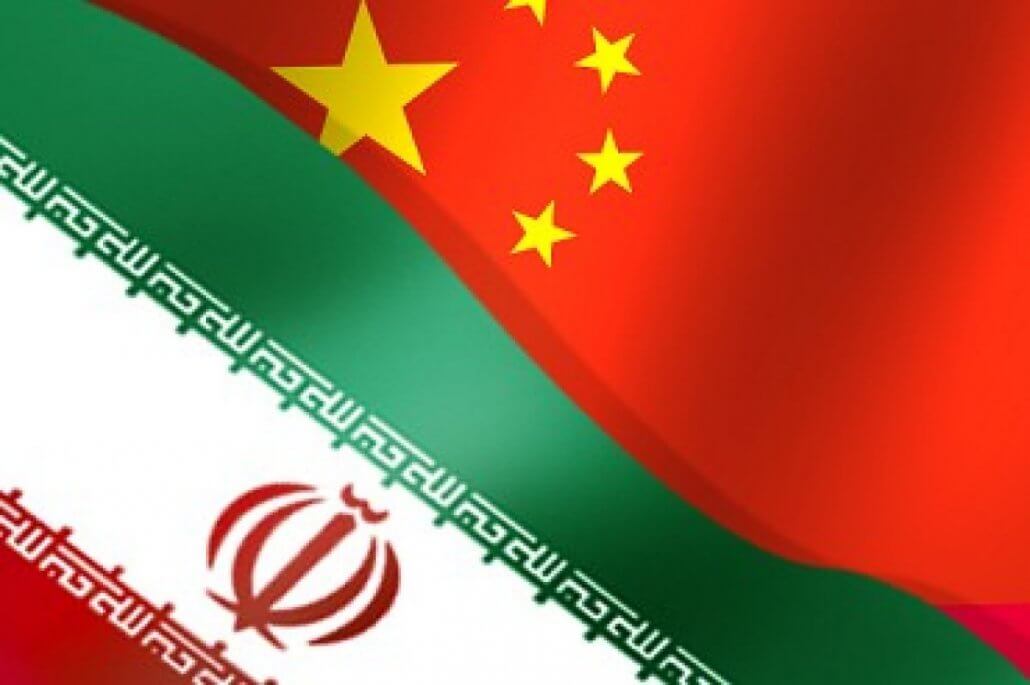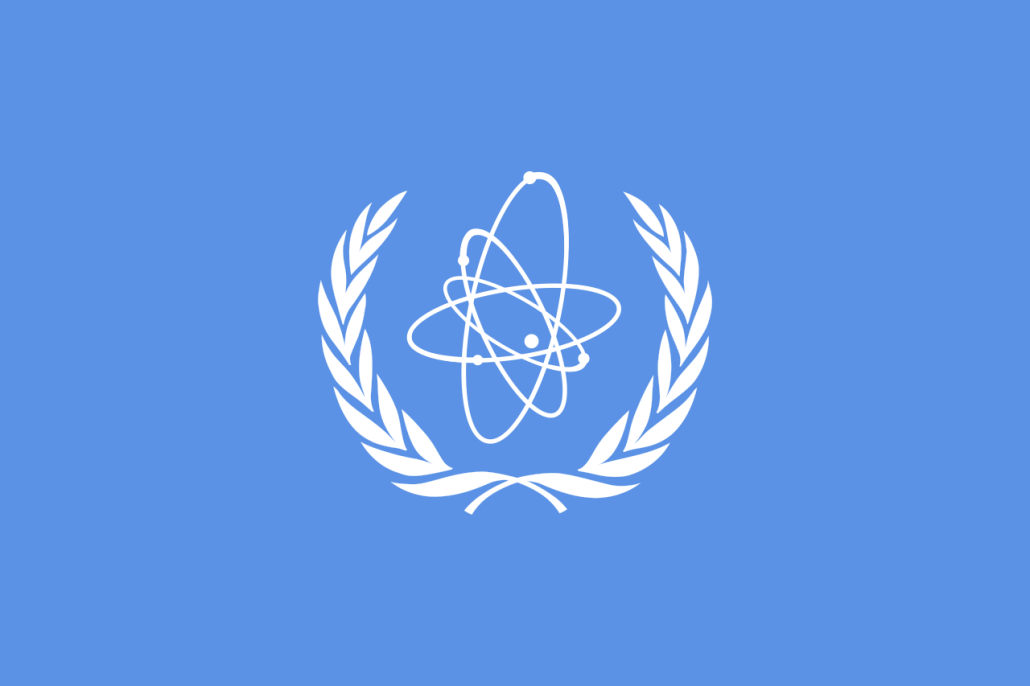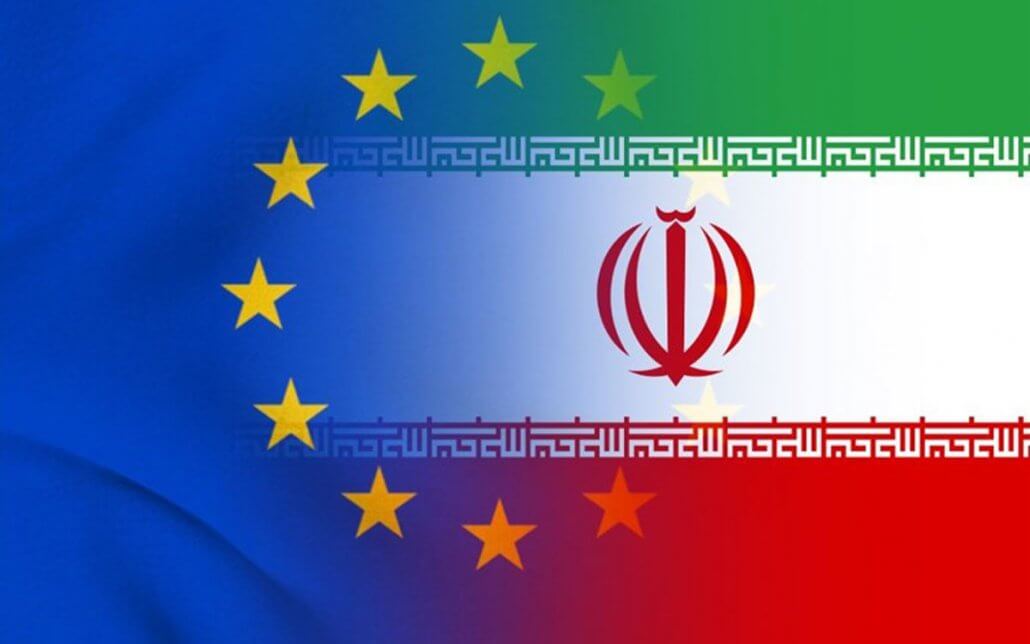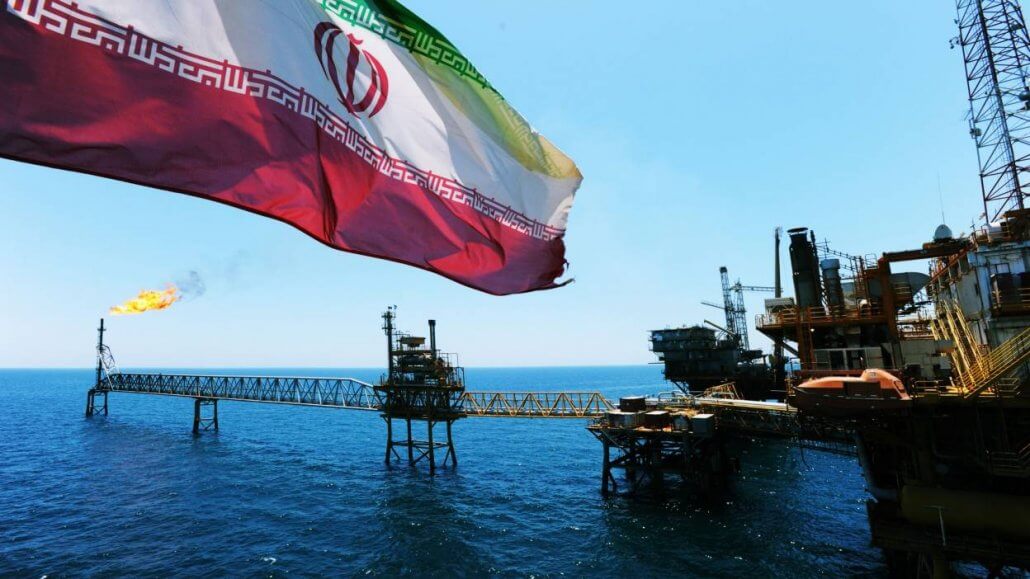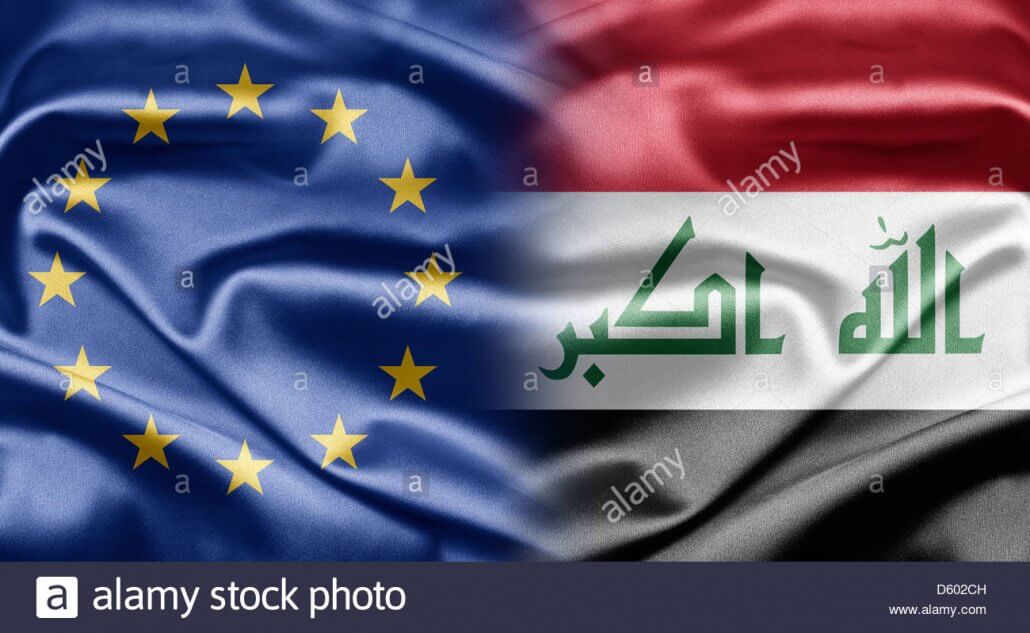China is said to resume Iran oil imports after receiving curbs waiver
China will start loading the crude again in November after it halted purchases in October, according to people with knowledge of the matter, who asked not to be identified because it’s confidential. The Asian nation was one of a handful that won exemptions from the US to keep importing Iranian oil without falling foul of sanctions, with a waiver allowing 360,000 barrels a day for six months starting November.
Global benchmark Brent crude surged more than 20% after President Donald Trump’s decision to reimpose sanctions on Iran stoked fears of a supply deficit. Prices have since collapsed to their lowest level this year as those concerns eased after the issuance of waivers to eight nations including China, South Korea and India.
The Chinese government had previously told at least two state-owned companies to avoid buying Iranian oil in the lead-up to the November 4 sanctions review deadline. The nation’s decision to restart purchases precedes an upcoming meeting between Presidents Xi Jinping and Donald Trump at the Group of 20 summit next week and coincides with flaring trade tensions between the world’s two largest economies.
Although Chinese purchases are set to resume shortly, payments to Iran will only be settled at a later date, say the people, as both parties strive to work out a smooth process. Nobody responded to faxes sent to China’s Ministry of Foreign Affairs and Ministry of Commerce seeking comment.
Meanwhile, it may take until February or even later for some of Iran’s biggest oil buyers to resume purchases after winning waivers from the US as they seek to resolve complications over insurance, shipping and payments.
Japan is unlikely to lift cargoes before then, while South Korea could take until March, according to people with knowledge of the matter, who asked not to be identified because it’s confidential. The two countries are among a handful that won exemptions from the US to keep importing Iranian oil without falling foul of sanctions.
The US sanctions haven’t just impacted countries doing business with Iran, they’ve also deterred financial institutions, insurers and shippers from dealing with the Gulf state. That means that, even though buyers of Iran’s oil received waivers, the actual process of getting barrels isn’t proving easy.
Some buyers may have to use Iran’s national tanker company to haul the crude as the risk of getting cut off from US business prompts other shippers to stay away, according to the people. Price of global benchmark Brent crude in London has fallen more than 10% since waivers were given to eight countries in early-November, as fears of an oversupplied market outweighed earlier concerns of a deficit.
Almost all major buyers of Iran’s oil had negotiated with the US for the waivers, arguing that cutting purchases to zero would affect their energy industries and boost fuel costs. Italy, Greece, Turkey and Taiwan also won exemptions.
While South Korea used to be the third-biggest importer of Iranian oil, it was the first major buyer to cut to zero as the US prepared to impose sanctions. It’s now allowed to buy as much as 200,000 barrels a day of condensate, a type of ultra-light oil. The country bought about 300,000 barrels a day of South Pars condensate from Iran in 2017.
Iranian crude and condensate bound for Japan fell to zero in October. The size of its waiver is yet to be confirmed. In the first nine months of the year the country imported about 160,000 barrels a day.


